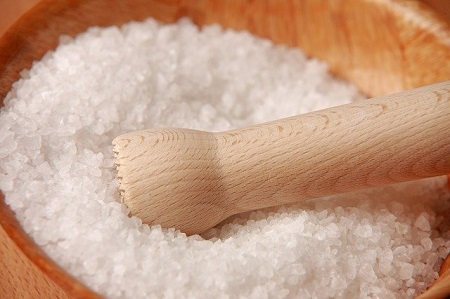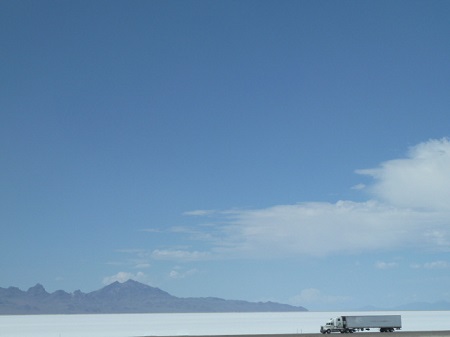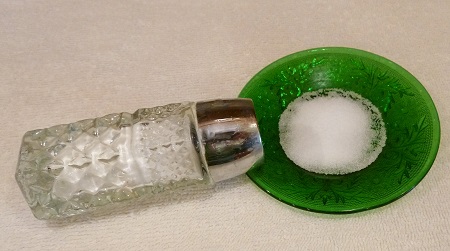Salt in a Wound
 Years ago, people treated many medical emergencies at home. One common remedy was to pour or rub salt in a wound. That solution often caused more pain than the original problem.
Years ago, people treated many medical emergencies at home. One common remedy was to pour or rub salt in a wound. That solution often caused more pain than the original problem.
Salt in a wound hurts.
Although salt (or saltwater) helps heal or sooth certain conditions, it causes damage to others. Even if it helps, salt on an open sore stings.
To pour or rub salt in a wound means to make a bad situation worse.
Our words or actions hurt rather than help.
- A friend loses a contest, and we praise the winner.
- Our neighbor’s boss fires him, and we brag about our promotion.
- A relative’s wife leaves him, and we talk about her handsome boyfriend.
Whether deliberate or not, we increase the person’s hardship, shame, or sadness.
Rather than rub salt in a wound, let’s serve as salt of the earth.
When other people feel down in the dumps, let’s lift them up. We have the privilege to share their sorrow as well as their joy.
“Being happy-go-lucky around a person whose heart is heavy is as bad as stealing his jacket in cold weather or rubbing salt in his wounds” (Proverbs 25:20 TLB).
Thanks to Pat Childress Conner Stapp for the suggestion. Image courtesy of Pixabay.
Do you have an expression you want explained? If so, please comment below.
Subscribe to receive my weekly posts by email and receive a free copy of “Words of Hope for Days that Hurt.”
If you enjoyed this post, please share it with your friends.
 To view salt of the earth, take a trip across Utah’s Bonnieville Salt Flats. I thought that solid white scene would last forever.
To view salt of the earth, take a trip across Utah’s Bonnieville Salt Flats. I thought that solid white scene would last forever. My friend Martha said her father described a few of her boyfriends as not worth the salt that went in their bread. He meant they were not worth much.
My friend Martha said her father described a few of her boyfriends as not worth the salt that went in their bread. He meant they were not worth much.